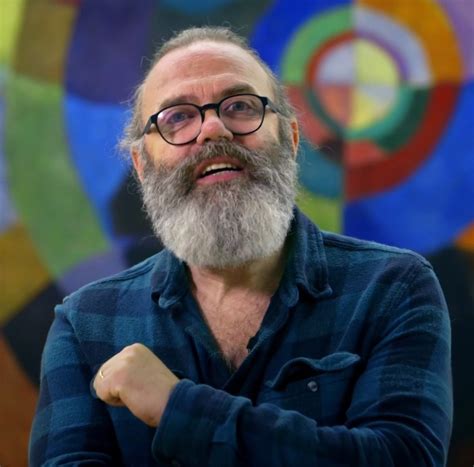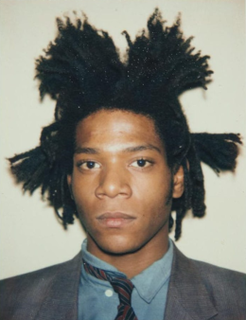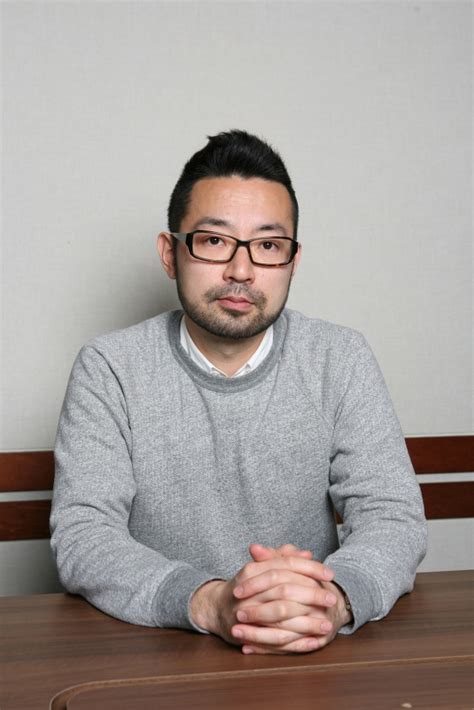A Quote by E. J. Hughes
I try to do much of the necessary alteration on the black and white [cartoons] rather than leave it to be done on the paintings.
Related Quotes
I've never seen a sincere white man, not when it comes to helping black people. Usually things like this are done by white people to benefit themselves. The white man's primary interest is not to elevate the thinking of black people, or to waken black people, or white people either. The white man is interested in the black man only to the extent that the black man is of use to him. The white man's interest is to make money, to exploit.
White people's fear of Black people with guns will never cease to amaze me. Probably it's because they think about what they would do were they in our place. Especially the police, who have done so much dirt to Black people - their guilty conscience tells them to be afraid. When Black people seriously organize and take up arms to fight for our liberation, there will be a lot of white people who will drop dead from no other reason than their own guilt and fear.
The War on Drugs is a war on people, but particularly it's been a war on low-income people and a war on minorities. We know in the United States of America there is no difference in drug use between black, white and Latinos. But if you're Latino in the United States of America, you're about twice as likely to be arrested for drug use than if you're white. If you're black, you are about four times as likely to be arrested if you're African American than if you are white. This drug war has done so much to destroy, undermine, sabotage families, communities, neighborhoods, cities.
And then the work bears a strong sense of leave-taking for me personally. It ends the work I began in the 1960s (paintings from black-and-white photographs), with a compressed summation that precludes any possible continuation. And so it is a leave-taking from thoughts and feelings of my own on a very basic level. Not that this is a deliberate act, of course; it is a quasi-automatic sequence of disintegration and reformation which I can perceive, as always, only in retrospect.
I rely heavily on Thomas Sowell's magnificent book, Black Rednecks, White Liberals. He points out that blacks in the North perform better, academically, than whites in the South where they did not have much of an emphasis on learning. But please note that I'm not the one making that argument in that section about Michael Moore. And by the way, I'm not a man. White men have done a lot. It's silly to write a book titled, Stupid White Men.
…“white supremacy” is a much more useful term for understanding the complicity of people of color in upholding and maintaining racial hierarchies that do not involve force (i.e slavery, apartheid) than the term “internalized racism”- a term most often used to suggest that black people have absorbed negative feelings and attitudes about blackness. The term “white supremacy” enables us to recognize not only that black people are socialized to embody the values and attitudes of white supremacy, but we can exercise “white supremacist control” over other black people.
I can't turn around without hearing about some 'civil rights advance's White people seem to think the black man ought to be shouting 'hallelujah's Four hundred years the white man has had his foot-long knife in the black man's back — and now the white man starts to wiggle the knife out, maybe six inches! The black man's supposed to be grateful? Why, if the white man jerked the knife out, it's still going to leave a scar!






































